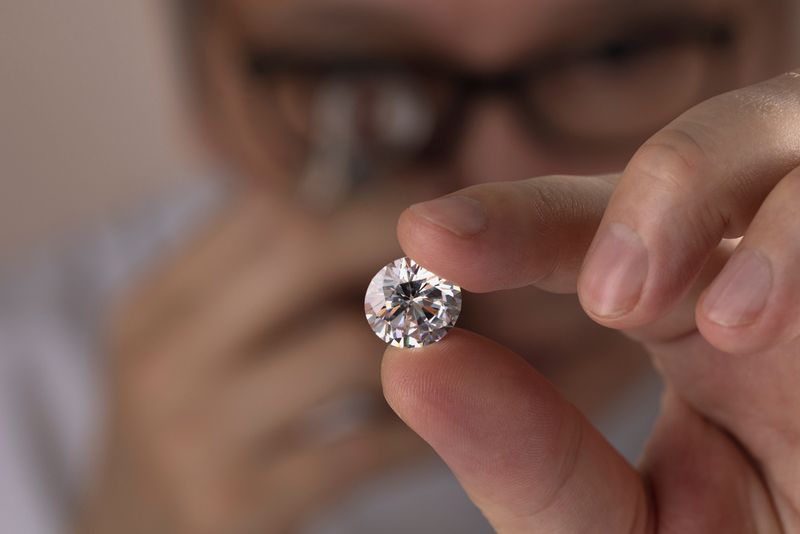A distinct new dialect has been emerging in certain pockets of Miami in recent times as a result of cultural intermingling between Spanish and English speakers.
The new parlance is a Spanish-influenced dialect of English being spoken in Southern Florida, a lingo-infusion born out of decades of immigration from Spanish-speaking countries, most notably Cuba since the end of the revolution in 1959.
With its majority Hispanic and Latino population, Miami is considered one of the most bilingual cities in the US and it’s also arguably the most dialectally diverse Spanish-speaking city in the world. Over recent decades, the rich influence of the Spanish language has intermingled with more established American English dialects, giving rise to its own expressions and phrases.
Linguists at Florida International University in Miami have been keeping an eye on this linguistic development over the past 10 years or so and believe it shows a beautiful example of how human languages are constantly shape-shifting in the face of historical and social conditions.
“All words, dialects, and languages have a history,” Professor Phillip M. Carter, Director of the Center for Humanities in an Urban Environment at the Florida International University, told IFLScience.
“In Miami, there are many ways of speaking English. The variety we have been studying for the past 10 years or so is the main language variety of people born in South Florida in Latinx-majority communities. The variety is characterized by some unique but ultimately minor pronunciations, some minor grammatical differences, and word differences, which are influenced by the longstanding presence of Spanish in South Florida,” added Carter.
What does Miami English sound like?
Users of the new dialect will “borrow” Spanish sayings and directly translate them into English while retaining the existing Spanish structure of the phrase. This is what linguists call a calque.
For instance, “bajar del carro” becomes “get down from the car” — not “get out of the car” like in most American English dialects.
Likewise, “una empanada de carne” becomes “meat empanada” instead of something more specific “beef empanada.” This is because in Spanish, depending on the context, “carne” can refer to all meat or specifically just to beef.
Another example might be users saying something like “Marco and I went to a bar and he invited me a beer,” instead of, “Marco and I went to a bar and he bought me a beer.” People might also be more prone to say something like “We are going to make a party for my friend Maria,” instead of, “We are going to throw a party for my friend Maria.”
Miami English shows how languages evolve
While this Spanglish cocktail was first stirred up by bilingual people, linguists have noted that certain phrases have since become adopted by native English speakers in Miami too.
“These are examples of literal lexical calques – direct translations. What is remarkable about them is that we found they were not only used in the speech of immigrants – folks who are leaning on their first language Spanish as they navigate the acquisition of English – but also among their children, who learned English as their co-first language,” Carter said.
Whether you know you’re using them or not, the English language is full of calques. Writing for the Conversation, Carter explains how one interesting example is the flower known as a “dandelion,” which was borrowed from the French term “dent de lion.” This can be traced back to botany books written in Latin, where it was called Dens lionis, or “lion’s tooth.”
In 2022, Carter carried out a study with linguist Kristen D’Allessandro Merii to document Spanish-origin calques in the English spoken in South Florida. They first asked 33 people in Miami – including a diverse mix of first-generation Cuban Americans, second-generation Cuban Americans, and non-Cuban Hispanic people – what they thought of more than 50 sentences that were typical of the new dialect. They had to rate whether the sentences sounded "perfect," "okay," "awkward," or "horrible." A national group from beyond South Florida was then asked to perform a similar task.
Their findings showed that the dialect typically sounded “natural” to the Miamians, but people living outside the region found it significantly more alien. The researchers explain how this research showed how dialects are born: by subtle differences and minor changes adding up to the point where people who don’t speak the dialect find it ungrammatical or “foreign”.
Misconceptions about Miami English
Unfortunately, new dialects can have a tendency to generate stigma, particularly if they emerge from marginalized communities. People might be told they’re mispronouncing words or simply being sloppy with their speech. However, Carter wants to show that this is simply a misunderstanding of how human languages evolve into their wonderful array of colors and tones.
“I want Miami English to lose its stigma because Miami English is someone’s home language variety. It’s the language that person learned from their parents, that they used in school, that they hear in their community. It’s the language variety they developed their identity in, developed their friendships in, found love in. Why should that be stigmatized?” asks Carter.
“This principle holds to any and every language variety. There is no reason to stigmatize any form of human language. Doing so reflects our own limited understanding of humanity and human language. All human language varieties are a reflection of the miraculous interweaving of our evolutionary capacity for language with the unique historical and cultural circumstances in which that capacity finds context,” he added.




